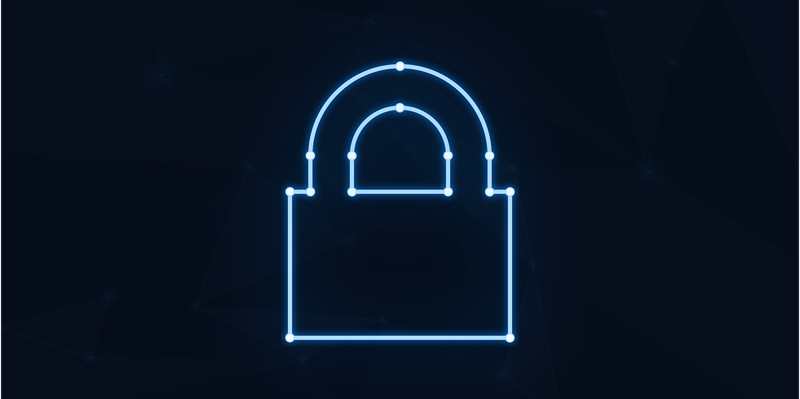In today’s digital landscape, the use of usernames and passwords for access control and authentication has become a common practice. However, this reliance on traditional credentials has also made compromised credentials a recurring vulnerability. Post-mortem analysis of data breaches consistently identifies compromised credentials as the primary point of attack. As organizations grapple with this ongoing challenge, new and evolving cybersecurity trends have emerged in 2024.
The evolution of ransomware attacks
Ransomware, a form of cyberattack that encrypts data and demands a ransom for its release, has become one of the most profitable ventures for cybercriminals. These attacks have evolved into multifaceted extortion schemes where data is not only encrypted but also exfiltrated. To increase leverage, hackers threaten to publicly release sensitive information if the ransom is not paid. The economic impact of these attacks is staggering, and with the new SEC disclosure ruling coming into effect, this tactic is expected to become increasingly common in 2024. Organizations must remain vigilant and implement robust countermeasures to mitigate the risk of ransomware attacks.
The Emergence of Hacktivism
The intersection of global conflicts and the upcoming 2024 US Presidential elections provides fertile ground for the emergence of hacktivism. Hacktivists are individuals or groups who use hacking techniques to promote or advance a political or social agenda. Their motivations range from exposing corruption to advocating for specific policies. As tensions rise during the election season, the potential for hacktivist activities increases, making it crucial for governments and organizations to enhance their cybersecurity measures to protect against politically motivated cyberattacks.
Malicious Attacks Involving Deepfake Content
Advancements in technology have made it easier to create realistic deepfake voice and video content. Deepfakes are manipulated media content that can be used to deceive or manipulate viewers. In 2024, the ease of using underlying tools may lead to a rise in material attacks involving deepfake content. From manipulating audio recordings to doctoring videos, cybercriminals can use deepfake technology to spread false information or blackmail individuals and organizations. This emerging threat underscores the need for robust mechanisms to authenticate digital content and detect deepfake manipulation.
The Importance of Vulnerability Management
Recognizing the severity of cybersecurity threats, the National Cybersecurity Strategy of the White House has elevated the importance of vulnerability management. Effective vulnerability management involves identifying, mitigating, and patching vulnerabilities to prevent cyberattacks. By proactively addressing vulnerabilities, organizations can significantly reduce the risk of compromise and data breaches. This strategic shift emphasizes the need for robust vulnerability management practices and tools.
Technological advancements in vulnerability management
With the potential increase in liability for independent software vendors, technological advancements in vulnerability management tools are expected. These tools will enable organizations to efficiently and effectively identify and address vulnerabilities in their systems and software. Advanced vulnerability management solutions will likely incorporate continuous breach and attack simulation (BAS) to provide real-time guidance to prevent falling victim to contemporary social engineering attacks. This proactive approach minimizes the chances of compromise and significantly enhances an organization’s overall cybersecurity posture.
In the ever-evolving world of cybersecurity, staying one step ahead of threats is crucial. Compromised credentials, ransomware attacks, hacktivism, and vulnerability management are among the key trends shaping the landscape in 2024. Organizations must prioritize the protection of their digital assets, adopting robust authentication methods, reinforcing cybersecurity protocols, and leveraging advanced technologies to detect and mitigate threats. By embracing these emerging trends and investing in comprehensive cybersecurity strategies, organizations can better safeguard their sensitive information and maintain a secure digital environment in the face of evolving cyberthreats.

